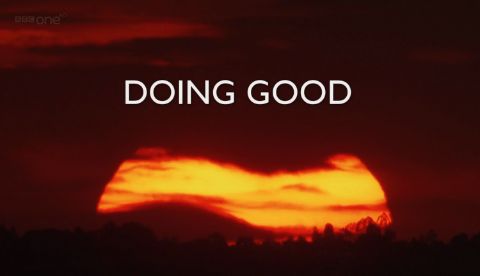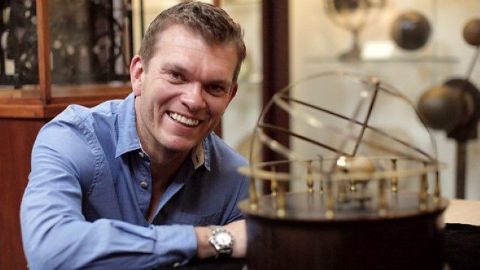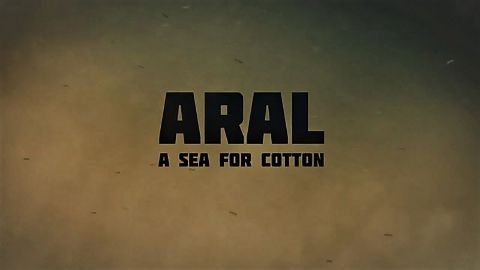Gladiators: Back from the Dead • 2010
Up to one million gladiators are thought to have died in arenas across the Roman Empire. Seventy-five were recently found in a single cemetery in York. Two thousand years ago, York was a Roman stronghold, a staging ground for the push against the Scots. Apart from ancient Italy, Roman Britain had the highest density of gladiatorial arenas in Europe. As part of a routine building inspection in the outskirts of York, archaeologists discover an ancient Roman burial site. It soon became apparent the find was anything but routine. Of total 80, 75 of the skeletons were men, a much higher majority than would be expected in a family grave site. The height, build and signs of musculature made the men much bigger than that of the average Roman man. A closer inspection of the bones also revealed a number of cut marks and fractures, evidence the men were no strangers to violence. Most disturbing of all most of the men had been brutally decapitated. Could the men be gladiators?
Make a donation
Buy a brother a hot coffee? Or a cold beer?
Hope you're finding these documentaries fascinating and eye-opening. It's just me, working hard behind the scenes to bring you this enriching content.
Running and maintaining a website like this takes time and resources. That's why I'm reaching out to you. If you appreciate what I do and would like to support my efforts, would you consider "buying me a coffee"?
Donation addresses
BTC: bc1q8ldskxh4x9qnddhcrgcun8rtvddeldm2a07r2v
ETH: 0x5CCAAA1afc5c5D814129d99277dDb5A979672116
With your donation through , you can show your appreciation and help me keep this project going. Every contribution, no matter how small, makes a significant impact. It goes directly towards covering server costs.





